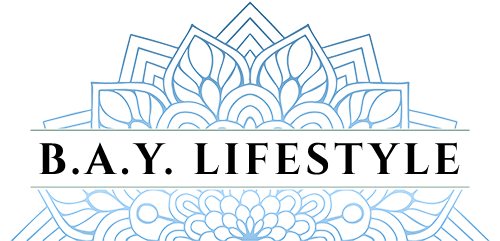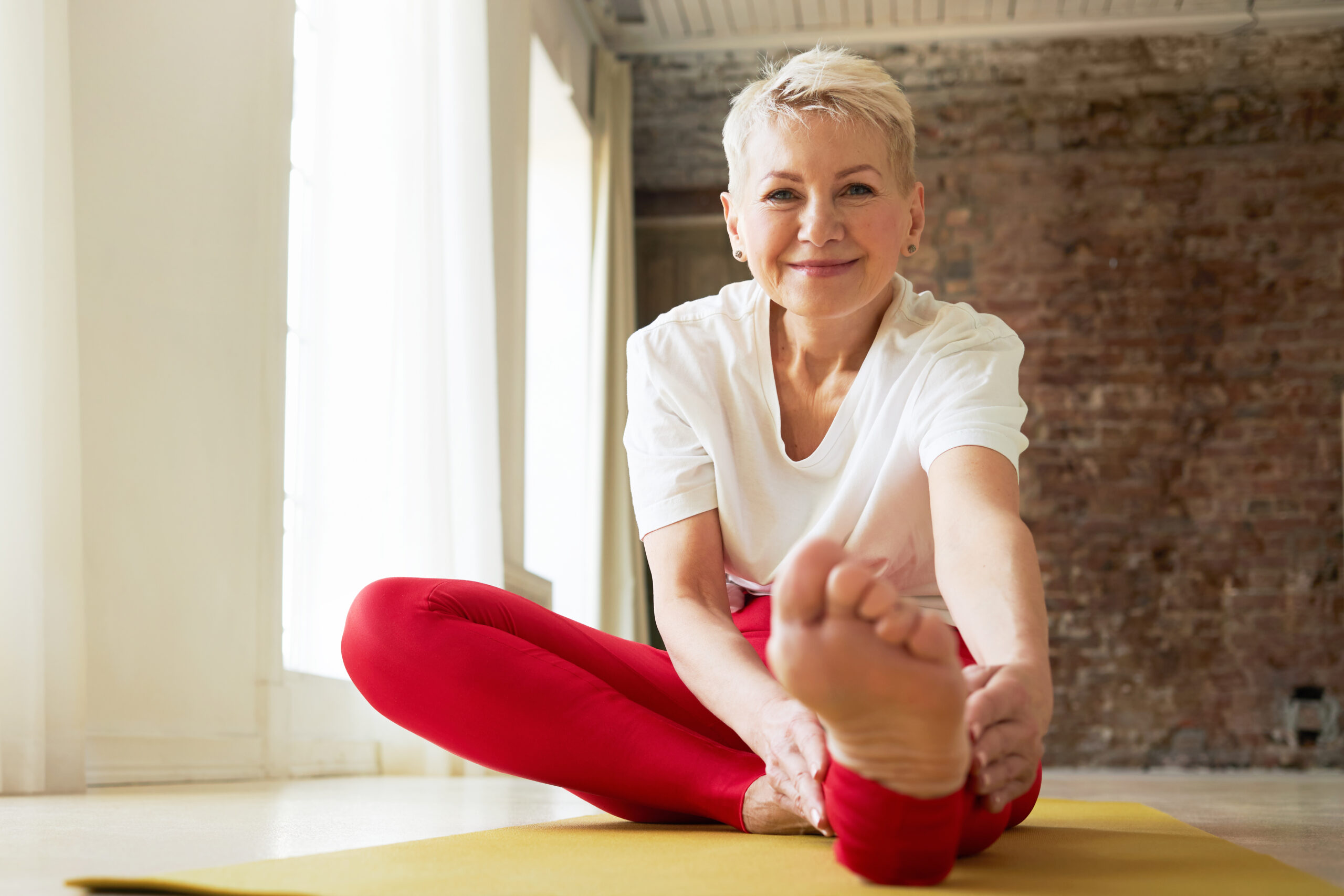The aging process brings about numerous changes, and maintaining flexibility is one of the critical challenges. However, yoga, with its holistic approach to well-being, offers a powerful antidote to the stiffness and immobility that often accompany aging. The practice of yoga not only enhances physical flexibility but also contributes to mental and emotional resilience, proving to be a cornerstone in the pursuit of a healthy and fulfilling life in the later years.
Physical Flexibility and Aging: As we age, our muscles and joints naturally lose some of their elasticity. This can lead to a decrease in range of motion, making daily activities more challenging and increasing the risk of falls and injuries. Yoga, known for its stretching and strengthening postures, counteracts this natural decline. Poses like Uttanasana (Standing Forward Bend) and Marjaryasana-Bitilasana (Cat-Cow Pose) gently stretch the muscles, keeping them supple and enhancing joint lubrication. Studies, including those published in the International Journal of Yoga, have demonstrated that regular yoga practice can significantly improve flexibility, balance, and overall physical mobility in older adults.
Maintaining and Building Muscle Strength: Muscle mass naturally diminishes with age, a condition known as sarcopenia. However, yoga poses require supporting one’s body weight in various ways, which helps in maintaining and even building muscle strength. For instance, Adho Mukha Svanasana (Downward-Facing Dog) and Virabhadrasana (Warrior Pose) engage multiple muscle groups, promoting muscle tone and endurance. This increase in strength is crucial not just for flexibility but also for maintaining independence and quality of life.
Enhancing Mind-Body Coordination: Yoga is not just about the body; it’s a mind-body practice. As one ages, maintaining coordination and proprioception (sense of body position) is vital for preventing falls and sustaining mobility. The mindful, deliberate movements of yoga enhance body awareness and coordination. Balancing poses like Vrikshasana (Tree Pose) require focus and bodily awareness, fostering a sharper mind-body connection.
Stress Reduction and Emotional Flexibility: Aging is often accompanied by life transitions and stress, which can take a toll on one’s emotional well-being. Yoga, with its meditative components, is a powerful stress-reliever. Practices like Pranayama (breathing exercises) and Savasana (Corpse Pose) induce relaxation, reducing stress hormones and promoting emotional flexibility. This mental and emotional agility helps older adults adapt to changes, face challenges with resilience, and enjoy a more positive outlook on life.
Promoting Holistic Health: Yoga’s impact extends beyond physical flexibility; it influences various aspects of health. For instance, its stress-reducing capabilities help in managing blood pressure and heart health. The emphasis on deep, mindful breathing enhances respiratory function. Furthermore, the meditative aspects of yoga can improve cognitive function and sleep quality, both of which are crucial for aging gracefully.
In conclusion, the power of yoga in promoting flexibility as we age is undeniable. It offers a comprehensive, accessible, and effective way to maintain physical mobility, build strength, reduce stress, and enhance overall well-being. By embracing yoga, older adults can not only preserve but also enhance their quality of life, proving that flexibility—both physical and emotional—is a vital component of aging gracefully and vibrantly.

